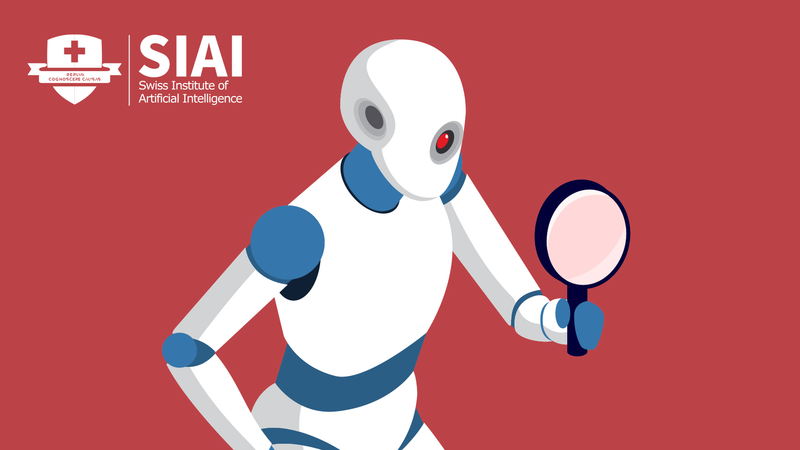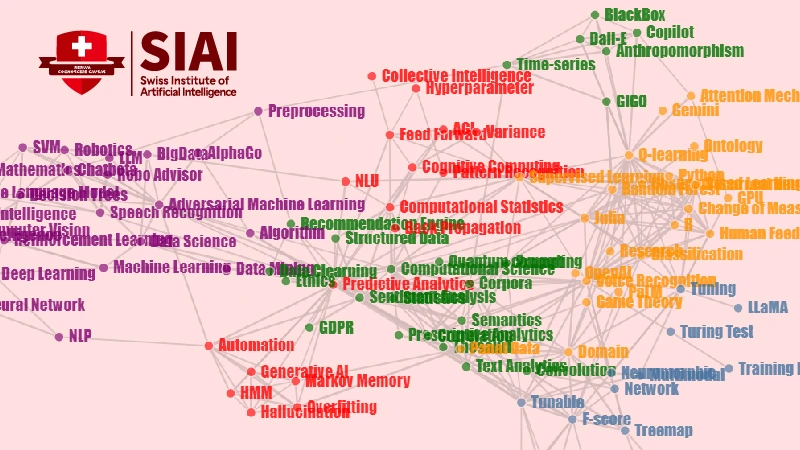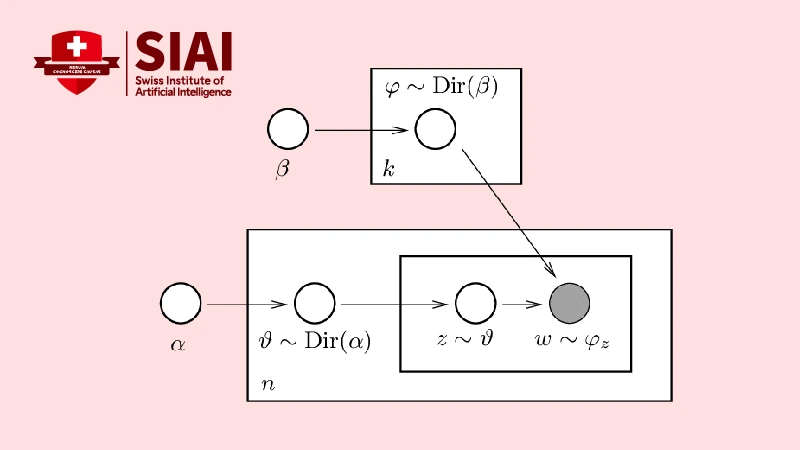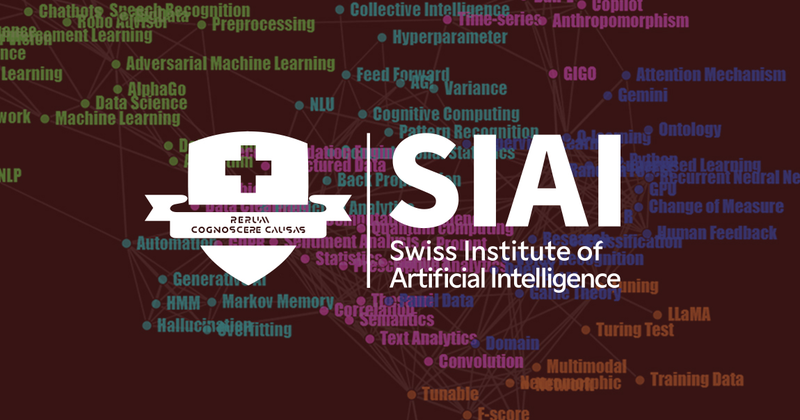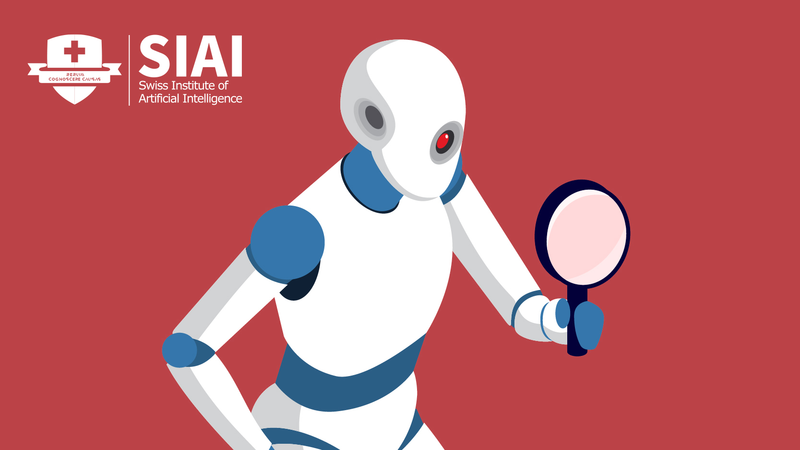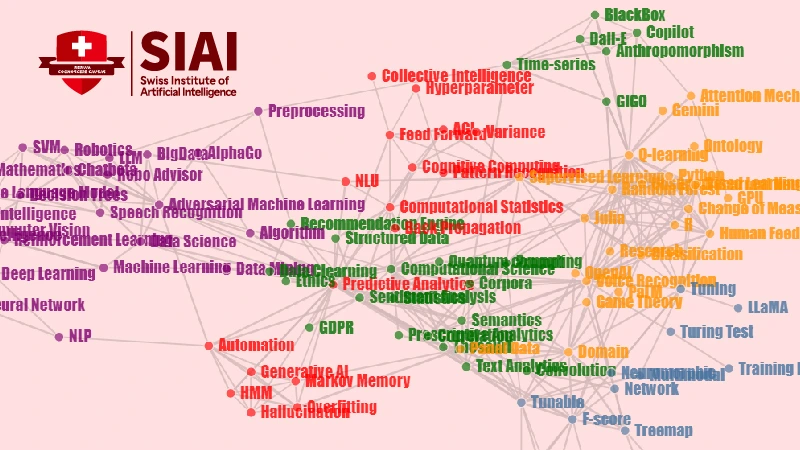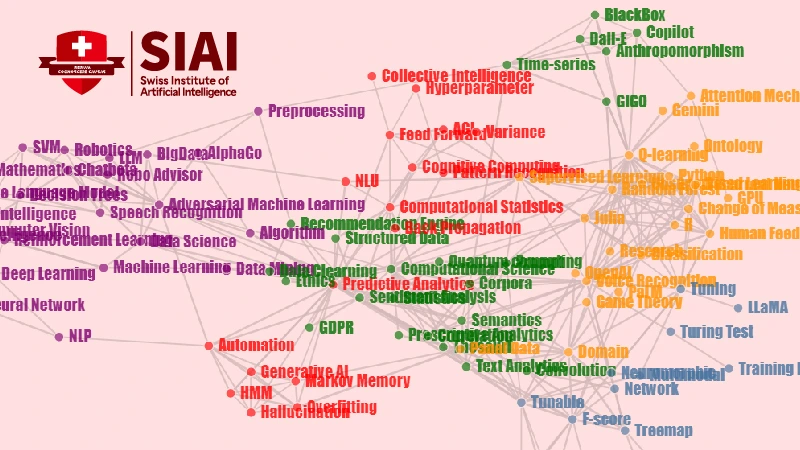MSc AI/Data Science
MSc in AI / Data Science
To foster mathematically trained AI experts
To raise the most rigorously trained reseach scientists in AI/Data Science

MSc in Artificial Intelligence and Data Science – MSc AI/DS program is a master level training for computational science, an academic discipline known as Artificial Intelligence. The essence of the program lies in deep mathematical and statistical modeling that requires heavy computational support. The math topics are graph theory, information theory, game theory along with statistics in panel data, computational Bayesian and recent developments in advanced machine learning techniques.
Unlike other institutions, SIAI provides AI educations in the context of business applications. We have organized cross-discipline projects with engineering and medical departments for self-driving module’s defensive driving and drug effectiveness through virtual human simulator. Both of which projects require not only aforementioned math, stat, and computational scientific hard skills but also practical business applications that every breaking new technology needs.
For the admission of the program, students are required to pass the admission examination with over 60% performacne. The exam will be similar to final exams of last two courses in PreMSc - STA511 and STA512
Lecture Note
Carousel
MSc in AI/DS
at a glance
HIGH QUALITY ONLINE CLASSES
ONLINE TA SESSIONS
12 COURSES & 1 DISSERTATION
8 WEEKS PER COURSE
2 COURSES PER WEEK
1 YEAR PROGRAM
Learning Outcomes
APPLICATION OF ABSTRACT MATHEMATICAL CONCEPTS TO REAL WORLD PROBLEMS
MATHEMATICAL AND BAYESIAN STATISTICS, DYNAMIC OPTIMIZATION FOR UPPER LEVEL STUDY
MSC-Tabs

Admission examination
- 60%+ in admission exam
- or Pre-MSc AI/Data Science 1st year’s 60%+ (Specifically STA511 and STA512)
- or Approval by program director
Class module : Online only
Credit : 90 ECTS / (Level / EQF 7)
Required documents
- Bachelor diploma and transcript (mandatory)
- Graduate school diploma and transcript (if applicable)
- Statement of Purpose

- 3-hour Video-recorded classes per week (Required)
- 1-hour support sessions per week (Selective)
- Final exam / term paper 1-week after the end of the course
- Total 12 courses, 2 courses for 1 term
- 1 term for 8 weeks

1 Year for 12 courses
1 Term for 8 weeks with 2 courses
Prep classes are available
- LaTeX for assignments and paper writing
- Programming prep for Python

Admission examinations are administered by GIAI
- Coverage: Two final courses in Pre-MSc
– Sample course materials: STA511, STA512 - Support course & exam
– Registration: SIAI MSc Admission Exam | GIAI
– Course fee: CHF 800
– Exam date: 2nd weekend of July
– More details to refer SIAI MSc Admission Exam | GIAI - Grading
– 70% or above: Scholarship, RA/TA opportunities
– 60% or above: Pass
– Below 60%: Fail

For non-native English speakers, should meet one of the following criteria by graduation
- High school or University level diploma from an all-English program
- TOEFL iBT 100/120 or above (with each section at least 21/30)
- IELTS 7 or above (with each section at least 6.5/9)
- Pass grade from SIAI’s internal English course
Internal English course
- Course fee: CHF800
- Course schedule
- July~Aug (8 weeks)
- Live session
- 3 hours per week (usually weekend)

- Application fee : CHF 200.- (Non-refundable)
- Administration fee : CHF 2,000.- (Non-refundable)
- Courses : CHF 4,000 per course
– 2 courses per term (Bi-monthly payment)
– 1 course for 5 ECTS*
Graduation requirements
- Coursework – 60 ECTS* wth average 60% or above
- Dissertation – 30 ECTS*
- 20,000 words academic essay or equivalent mathematical/programing application
- 6 months support course (CHF 8,000)
*ECTS – European Credit Transfer and Accumulation System
Scholarship
- If 70% or above in admission examination
- RA/TA opportunities
- Periodic projects upto 20 hours / week
Q&A
SIAI Experience Stories
Review
Global top quality
What is known as Artificial Intelligence (AI) is a business application of computational science. For that, every course is dedicated for deeper mathematical and statistical theory that are basis for a number of computational disciplines. The curriculum is designed to expand coverage in a variety of computational studies, all of which meet for the ultimate goal of this program. Understanding AI scientifically so that it can be applicable to real world problems.
Every non-linear modeling is accessed in comparison of traditional statistical approaches and recently highlighted machine learning models in order for students to understand computationally heavy models are not always the most relevant choice of AI applications. In this context, the program emphasizes statistical model-based approaches, such as Generalized Method of Moments and Maximum Likelihood Estimation, in the earlier courses.
In term 3 to 5, the curriculum centers on the relevant use of deep neural network and reinforcement learning, which are nothing more than nested non-linear factor analysis and multi-stage dynamic optimization. The coursework concludes by extension of such models to multi-agent cases, one of which is applied to a project for self-driving algorithm’s defensive driving strategy, in the context of game theory and Bayesian statistics.
Upon graduation, students will be able to learn not only the necessary mathematical and statistical theory in the background of AI models, but they are also capable of applying such advanced knowledge into real world businesses.
Fundamental Math and Stat
are critical for “Real World Applications”
in every quantitative discipline
Target for Research Institutions
AI is not about programming, as often argued by many engineering departments. It is all about how to leverage mathematical modeling and statistical intuition in a way to best use of computational science. Our course projects will help you learning them by doing them.
As students absorb SIAI style training and apply it to projects, students will gradually become knowledgeable in which computational strategy to choose for what problem in every context, for which literature to review for deepening their understanding of models, and by which technique a problem can be solved.
We are not a vocational program for practicing coding language, but an academic program that help students to apply hard theory to change our daily life.
Mathematics is only a hobby, if one doesn’t know where to apply. We make math not a hobby.
